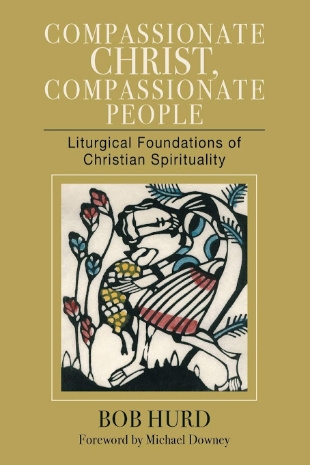"Sadly, history is replete with wrong kinds of communal gatheredness: people gathered round all too human idols and ideologies. Think of the Nazi state, the killing fields of the Khmer Rouge, apartheid, the violence of ISIS, the mistreatment of Palestinians. Closer to home, think of society and economics organized around slavery. Think of the displacement of Native American peoples and destruction of their cultures. Think of the continuing institutionally supported discrimination against blacks and people of color, which the Civil Rights Movement began to address in the 1960s. Think of the current vilification and mistreatment of refugees and immigrants. Can human communities be truly gathered without being gathered rightly to the Holy Mystery in which they and all things abide? It seems we can even use the Holy Mystery to legitimize the mistreatment of others.
"I have tried to portray this Mystery experientially, that is, from the side of the human subject undergoing it. The faith-engendered notions of theology – creation, grace, and Christology – have experiential correlates. The experiential correlate of the notion of creation is the lived sense that we are given to ourselves out of a Mystery that both transcends us and is closer to us than we are to ourselves. Spirituality as moving with the life of God moving within us, then, lies in practicing a meditative-reflective recovery of this sense and gratefully entrusting oneself to the Mystery in which all things abide. A practical ethics of respect and care flows out of such a sense. But for Christian faith this experience is permeated by the further gift of grace of God's self-communication.
"The experiential correlate of the notion of grace is the sense that we are made by Love for love. The gift of creation is so that the grace of love and communion can be. In the face of all the brokenness, pain, and suffering of our world, love is what we are here for and is our ultimate beatitude. It breaks out in surprising and transformative ways, as when the hated enemy, the Samaritan, rescues the Jew, left for dead by his own. Or when the community whose children were cruelly taken by bullets steps forth to offer the gunman forgiveness. What comes to the surface in such acts of loving-kindness is the call of Love, which, like a hidden undertow, accompanies all creation. It is, as Joseph Donders writes in Jesus the Stranger, 'like a seed, already put in the soil; it is like yeast working in the dough; it is like the ferment that makes the beer bubble; it is like the treasure hidden in the field."
